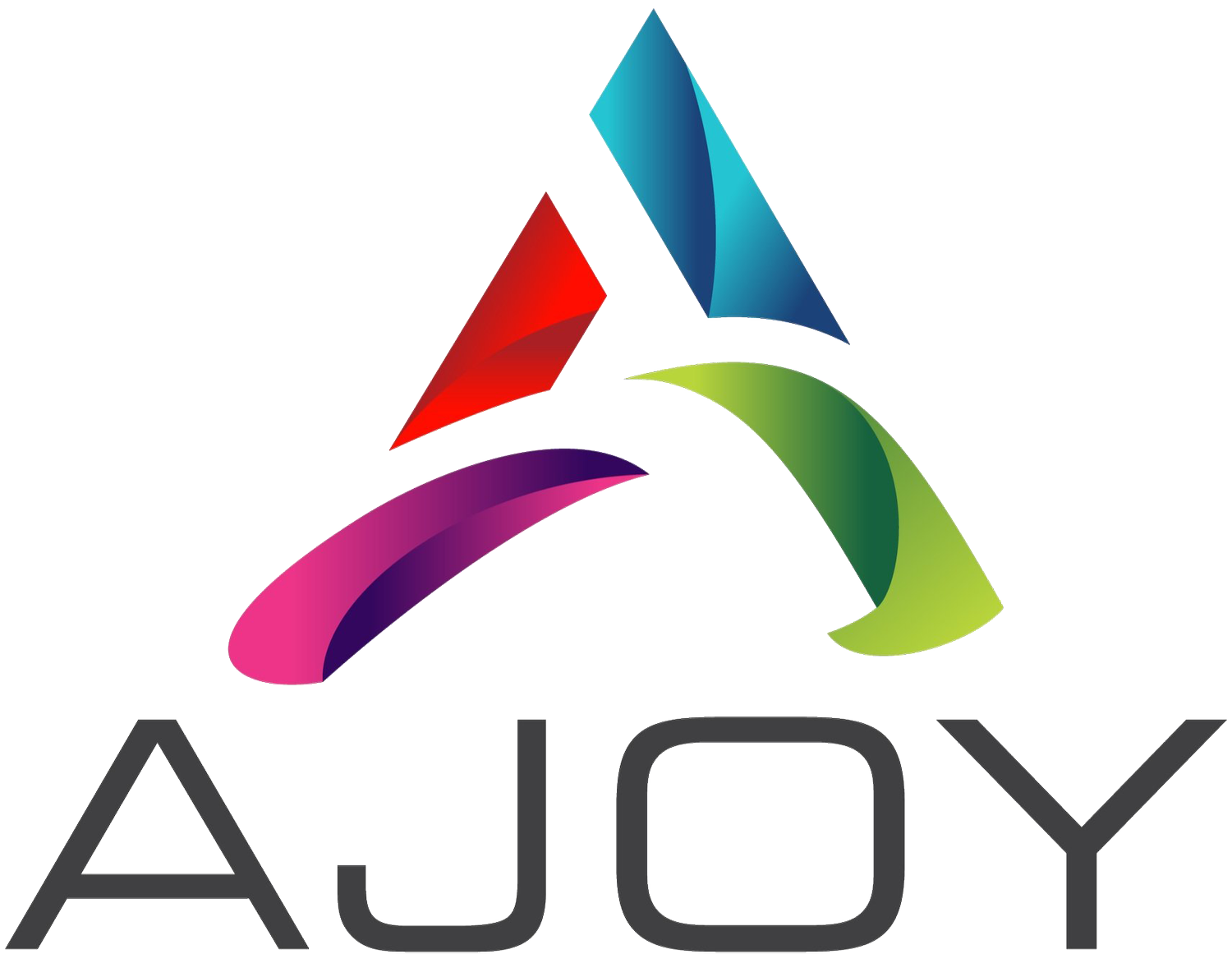5 Ways to Make Accounting Less Taxing!
There’s always a lot to do when a business is new and growing. No doubt, your plate is probably very full. At every turn, there’s a task that needs to be tackled. So if there’s ever the possibility to simplify, streamline, or delegate, it’s usually a good idea to take advantage of it.
This article explores five ways to make the processes around your company’s accounting more efficient and organized. Clearly, there’s no time to waste, so let’s dive right in!
- Commit to One Point-of-Sales (POS) System
Our first recommendation is to choose a single Point-of-Sales (POS) system to accept customer payments. Perhaps this is contrary to what you think is best. After all, you say, isn’t it advantageous to offer as many ways as possible for your customers to pay you? Well, not really.
Down the line, you might want to offer more than just one payment option. But right now, as an early-stage company, you should keep things as simple and streamlined as possible.
Start by researching which POS system the companies in your industry typically use. Do most of them utilize Square? Shopify? Something else? Once you’ve figured out what’s most commonly used in your space, be sure to consider its integration capabilities with your bookkeeping software. Some don’t integrate well (without a third-party plugin) and can create a real mess of your books. Your accounting professional can likely assist with this.
If you accept payment in multiple ways, it complicates things and makes it harder to track where your money is coming from. Plus, not all payment mechanisms capture the important information you need from your customer (e.g., full name, full address, product/service they are paying for, if there’s a balance due, if they received a discount, etc.) Remember, we want to keep things simple. Operate like a business, not a hobby.
- Use Bookkeeping Software Another way to simplify your accounting is to purchase and use bookkeeping software (like Intuit’s QuickBooks, for example) instead of programs like Microsoft Excel or Google Docs. Why? Because then all you need to do is link your business bank accounts to the software and your data will automatically populate. You won’t have to input anything (only needing to categorize transactions), not only saving you significant time and work but also lowering the risk of errors.
Plus, you can send out invoices directly from the software and all the information will be captured (how much money is owed to you, what’s paid, what’s not paid, etc.)
Create Separate Bank Accounts If you have separate bank accounts, you can manage your cash better. We suggest having three basic accounts in the beginning:
Income account – like its name implies, everything you’re paid will come here, and you won’t pay any bills from this account
Operating expense (OpEx) account – all of your business-related expenses will be paid from this account
Tax account – set aside money here for taxes that are paid either quarterly or annually, such as sales tax or if the business has an estimated tax payment requirement
Note that your tax account can also double as a savings account temporarily. And consider setting up your recurring monthly bills on autopay with your bank so that you minimize the chance of incurring late fees and penalties.
- Set up a Digital Filing System
Another recommendation is to start a digital filing system (i.e., organize the files on your computer). Keep these as orderly as possible. Here’s how:
Create a folder for your company documents. Some examples include your incorporation papers, the letter from the IRS with your company’s EIN (Employer Identification Number), your certificate of authority, and any registrations as a foreign entity in other states.
Create a folder for your business documents. These documents are important to your business but typically change over time (renewed or revised annually). Examples include insurance policies, client contracts, independent contractor contracts, and so on.
Create a folder for tax documents. You’ll need these annually, so organize them according to year. (For example: “Tax Year 2023,” etc.) Examples of these documents include W-2s, 1099s, 1098s, charitable contribution letters, bank statements, interest statements, etc.
By making these folders and consistently putting the appropriate documents in them, you’ll establish a structured way of keeping and organizing all the important papers related to your business. You’ll know right where they are if you need them for any reason.
- Hire an Expert to Handle Your Bookkeeping Our last tip is to hire a tax professional to help you. This might be a tax accountant, regular accountant, or bookkeeper – all that matters is that they know what they’re doing. (It’s also helpful if they specialize in small business and your industry in particular.) This will give you peace of mind so you can sleep soundly at night.
After all, if you’re wasting your time trying to figure it all out on your own and likely not doing everything properly, this will ultimately cost you much more than it costs to hire a professional.
A Final Word From Tuesday P. Brooks Owner of AJOY
The suggestions above aren’t that hard to implement, yet their impact on your life as a new business owner will be significant. Take advantage of all the ways you can simplify what needs to get done so you can spend more of your time doing the things you enjoy and bringing money into your business. And remember, keep it simple, keep everything organized, and make smart decisions that show you’re running a thriving business instead of a haphazard, willy-nilly side hustle.


